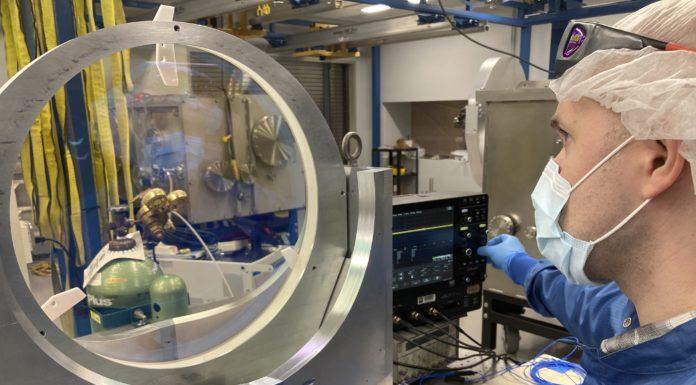(Dmytro “Henry” Aleksandrov, Headline USA) A group of scientists has come under professional, legal and public scrutiny for reportedly creating synthetic human embryos in a lab without eggs or sperm, drawing accusations that they are breaking the law and dangerously playing God.
The controversial breakthrough from scientists at Cambridge University and the California Institute of Technology has potential to provide “insights into miscarriages and genetic disorders,” but has raised serious ethical, religious and legal concerns, according to the Daily Mail, which noted that “synthetic embryos are not covered by laws in the UK or in most countries around the world.”
Scientists not involved with the project responded to its creations with concern, decrying the ethically-challenged technology as “chilling.”
The synthetic embryos don’t have any brain development or a beating heart, but they include cells that could grow to form the placenta and yolk sac. It’s unknown, however, if they could mature beyond the earliest stages of development, the Daily Mail reported. The Cambridge-California scientists haven’t published an official research paper on their breakthrough, which has also made it difficult for their peers to offer judgment.
“It is important that research and researchers in this area proceed cautiously, carefully and transparently,” Professor James Briscoe at the Francis Crick Institute said.
The breakthrough, which was detailed last week at the International Society for Stem Cell Research’s annual meeting in Boston, carries the risk “that missteps or unjustified claims will have a chilling effect on the public and policymakers,” which “would be a major setback for the field,” Briscoe said.
He also emphasized the “profound ethical and legal questions” surrounding the development of synthetic embryos.
“Unlike human embryos arising from in vitro fertilization, where there is an established legal framework, there are currently no clear regulations governing stem cell-derived models of human embryos,” he said.
“There is an urgent need for regulations to provide a framework for the creation and use of stem cell-derived models of human embryos.”
Dr. Ildem Akerman, associate professor in functional genomics at the University of Birmingham, agreed that the uncharted experimentation has “significant implications” that need close monitoring.
“Obviously, this research can provide a deeper understanding of how tissues and organs form, potentially leading to advancements in regenerative medicine and the treatment of developmental disorders,” she said.
“Nevertheless, the ability to do something does not justify doing it. Ethical frameworks should be established and maintained in line with the public’s view on the subject.”

